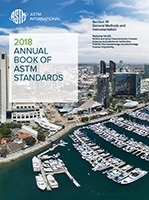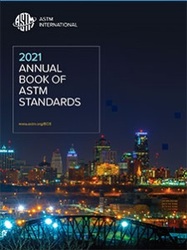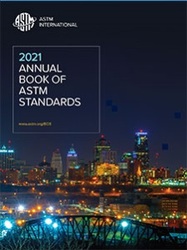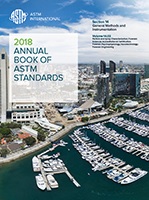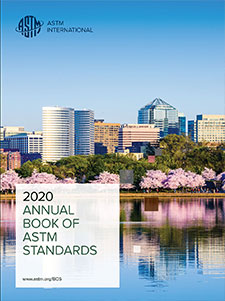Description
1.1 This specification covers standards a manufacturer shall meet in the designing, manufacturing, testing, labeling, and documenting of cryosurgical medical instruments, but it is not to be construed as production methods, quality control techniques, or manufacturer’s lot release criteria, or clinical recommendations.
1.2 This specification represents the best currently available test procedures at this time and is a minimum safety and performance standard.
1.3 This specification covers only those cryosurgical devices intended for use on humans or animals for therapeutic purposes. This specification assumes the user is well-trained in the procedures of cryosurgery and has the ability to determine if an abnormality is treatable by cryosurgery, particularly by the type of equipment to be used.
1.4 Cryosurgical medical instruments produce low temperatures either inside a cryoprobe or directly on the target tissue by the principle of Latent Heat of Vaporization or the Joule-Thompson Effect, or both. The cryogen may be transported from the source as a liquid or a gas. These systems may be closed or open depending on the application and cryogen. In the open cryotip system, the cryogen is applied directly to the target tissue, while in the closed cryotip system, the cryogen is applied indirectly and is exhausted away from the target area.
1.5 Cryosurgical medical instruments are used to produce cryonecrosis, inflammatory response, or cryoadhesion.
1.6 Monitoring the progress of treatment during application is sometimes very important. Such monitoring is done by accessories that indicate the temperature of the cryotip or the target area being frozen. The temperature of the tissue may be measured directly (for example, by a thermocouple). These accessories are also covered by this specification.
1.7 The following precautionary caveat pertains only to the Test Method portion, Sections 8 through 13, of this specification:This standard may involve hazardous materials, operations, and equipment. This standard does not purport to address all of the safety concerns, if any, associated with its use. It is the responsibility of the user of this standard to establish appropriate safety and health practices and determine the applicability of regulatory limitations prior to use.
Product Details
- Published:
- 01/01/2002
- Number of Pages:
- 7
- File Size:
- 1 file , 64 KB


